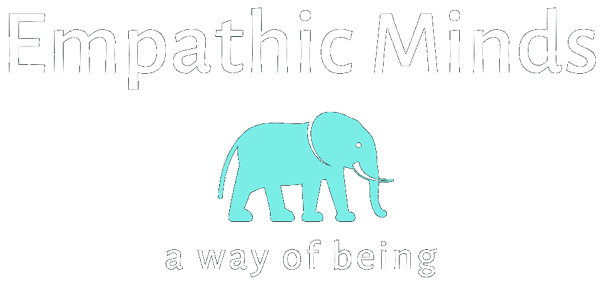Empathic Leadership
The style of empathic leadership is based on the understanding that it is impossible to connect with or to motivate followers if you cannot envision life from their perspective. This realisation has led to empathy becoming a highly sought-after leadership quality. Furthermore, empathy is now mentioned in recruitment descriptions and business schools are teaching students about its benefits. Although empathic leadership appears to be a recent style, when we take a closer look at some of the most iconic leaders of the last century, like J.F.K., they were reported to be emotionally intelligent and in particular: empathic.
Evidence
Studies have also shown that empathic leaders create higher profits and this has been confirmed across national and cultural boundaries. Those led by an empathic leader are more committed and passionate about their work, and report high job satisfaction. As a consequence, retention rates are higher and recruiting talent is easier.
Relationships
The empathic leader enjoys closer relationships in the workplace and is a popular and respected leader and this ultimately elicits more power. With more understanding of others’ perspectives, they are better placed to address their team’s and customer’s needs, and to recognise the talent and potential at their disposal. Despite this, empathy remains undertrained and under-developed within 21st century organisations. Moreover, this deficit is reported to be especially true in western society.
Lack of Empathy
A lack of empathy is often expressed through behaviours and attitudes like bullying and disengagement. A toxic climate evolves, often described as a climate of fear. Empathic leaders are likely to be more engaged with their role within an organisation due to the deeper satisfaction the style brings. Their efforts and empathy are contagious and spread through an organisation and in doing so improve the safety of the climate. In a safe space people are more ready to volunteer ideas and opinions, which makes them feel valued and the leader feel less alone. Safe environments also have the ability to heal; and to maintain wellbeing; which means fewer sick days.
Advantages
It is widely thought that the advantages of empathic leadership may be greater where the demands are higher, and there is a positive correlation between hard demands and so-called soft skills. The ‘faster’ the workplace the greater the need for empathy! Few domains offer tougher and faster moving challenges than the military. Interestingly, empathy’s role in leadership is being valued here too, as John McDougall, a West Point graduate and veteran of conflicts in both Iraq and Afghanistan, explains:
“Leadership is not easy. Each individual that we work with is a complex set of personality and experiences, hopes, and fears. While every good leader tries to get to know his or her soldiers, only the truly exceptional ones go beyond the surface level. They pay close attention to verbal and nonverbal cues, and ask tough questions to better understand the experience, perspective, and feelings of individuals. In short, they have honed and applied the skill of empathy, a critically important but often misunderstood element of leadership.”
Chaplain (Maj.) John McDougall, U.S. Army
You can read more about of John McDougall’s perspective in the November-December 2019 Military Review, available here McDougall-Empathetic-Leadership
Peter Sear, Founder, The Empathic Minds Organisation
U.S. Army General Stanley McChrystal
reminds us that once we understand the importance of empathy in leadership, we have to have the discipline to maintain it.
Click on the play button to watch the video.
U.S. Army General Stanley McChrystal
reminds us that once we understand the importance of empathy in leadership, we have to have the discipline to maintain it. Click on the play button to watch the video.
Empathic Communication
Communication is possible without empathy, but a non-empathic communicator will never be as effective as they could be. Empathic communication is characterised by listening, compassion, concern, and support. Such efforts are noticed and appreciated. They have a...
What is Empathy?
So what is it? When we talk about empathy we are focusing on a way of understanding another’s perspective by vicariously experiencing their emotions. This is often referred to as ‘putting oneself in another’s shoes’. However, this phrase can be misleading, for we need...



